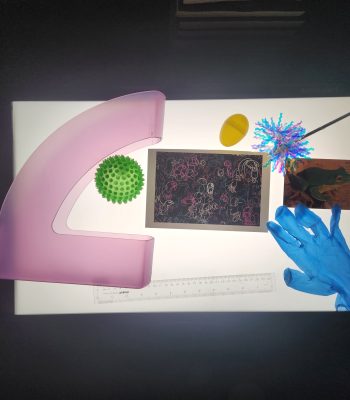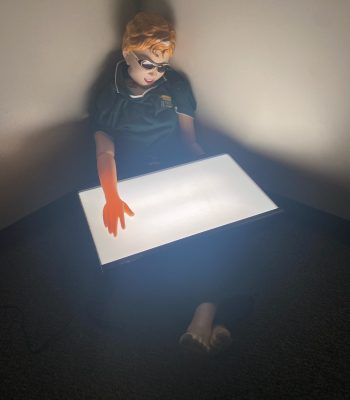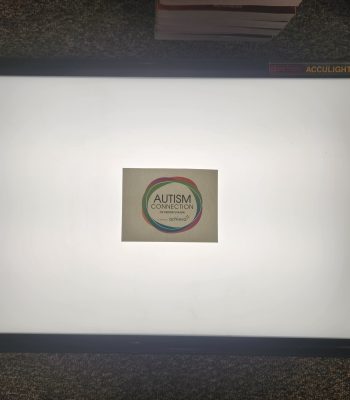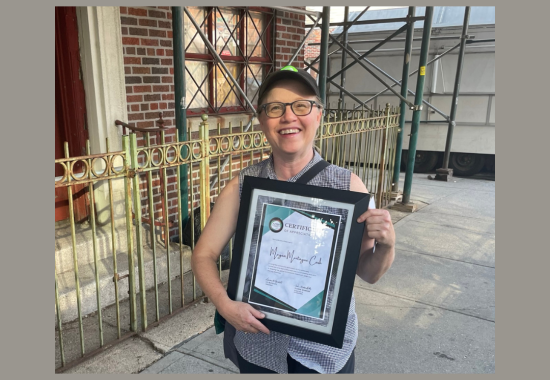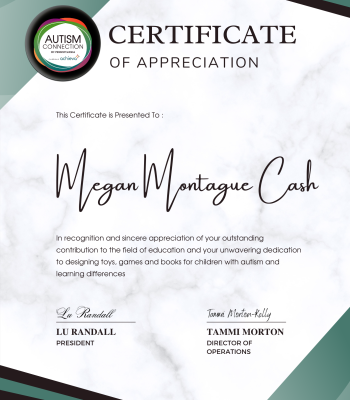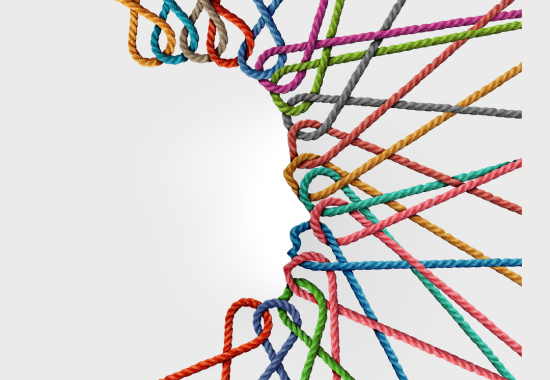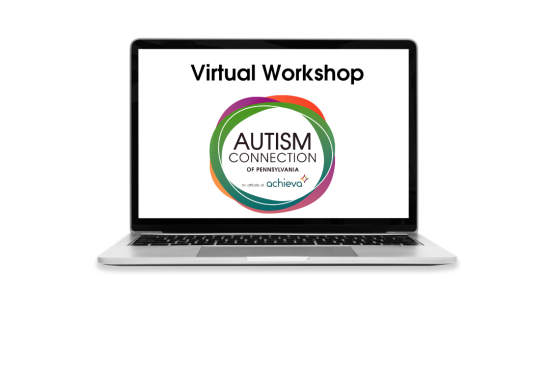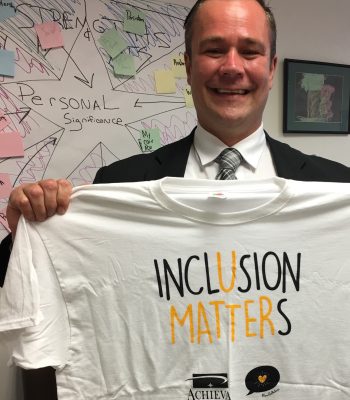Helping an autistic adult who is struggling with bathing can be a gradual and patient process. Here are some strategies to provide support and encourage personal hygiene:
- Understand their sensory needs: Sensory sensitivities can make the bathing experience uncomfortable or overwhelming. Take note of any specific sensory triggers and try to minimize them. For example, they might prefer a certain water temperature or specific bathing products.
- Establish a consistent routine: Set up a daily or weekly bathing schedule to create predictability and structure. Routines help them know what to expect, and knowing what to expect can reduce anxiety.
- Visual supports: Use visual schedules or step-by-step picture cards to help them through the bathing process. Visual aids can provide clear instructions and reduce anxiety about what comes next.
- Gradual exposure: If the person is anxious about bathing, start with short sessions and gradually increase the duration over time. Offer positive reinforcement and praise for each successful attempt.
- Accommodate preferences: If they dislike traditional bathing methods, explore alternatives like sponge baths, using a washcloth, or taking a shower with less water pressure.
- Incorporate special interests: Integrate their special interests or favorite activities into the bathing routine to make it more enjoyable. For example, if they love a specific toy or sensory item, allow them to bring it into the bath.
- Choice and control: Offer choices within the bathing process. Allow them to choose the soap or shampoo scent, the bathrobe they want to wear afterward, or the time of day they prefer to bathe.
- Use social stories: Create social stories or videos that depict the importance of personal hygiene and the benefits of bathing. Social stories can be an effective way to explain new or challenging concepts in a relatable manner.
- Create a sensory-friendly bathroom: Make the bathroom a comfortable and calming space. Use soft lighting, add sensory elements like scented candles or essential oils, and provide familiar and preferred towels and bath products.
- Modeling and participation: Show the individual that bathing is a regular part of daily life by modeling the behavior. Consider taking baths or showers together initially to provide support and encouragement.
- Offer rewards: Consider implementing a simple reward system for successful bathing attempts. This could be earning tokens for each bath, which can later be exchanged for preferred items or activities.
- Seek professional support: If the challenges persist, consult with professionals, such as occupational therapists, who specialize in working with individuals with autism. They can provide personalized strategies and support.
More guidance and videos available on Autism Self Care.
Remember, each person is unique, and what works for one may not work for another. Be patient, understanding, and flexible in your approach, and celebrate any progress, no matter how small. Building a trusting and supportive relationship is key to helping the autistic adult feel more comfortable with the bathing process.




